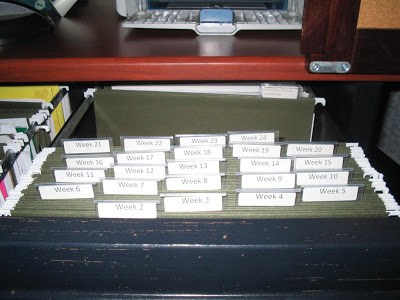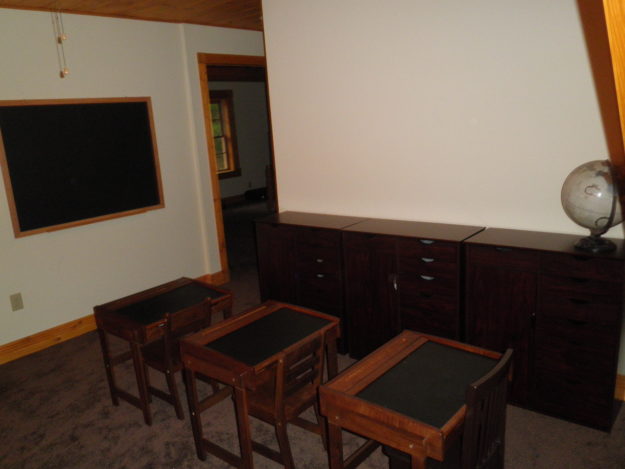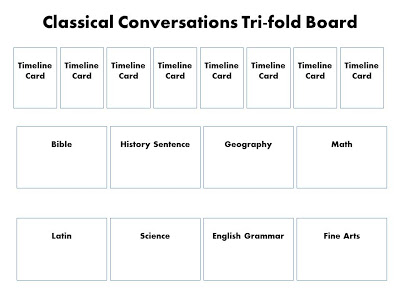
We are simplifying quite a bit now – making a few changes to math and language arts and providing more free time for the things my children are passionate about: history and science. I mention all that to say this: if you have to drop a program or a certain curriculum that you think you really believe in, it’s okay. I’m glad that I can set things aside for a while and restore joy to our homeschool. Someone told me this week: your curriculum is a tool. You be master over the curriculum, do not let it become master over you. With that, we offer some tips and resources for organizing and planning for Classical Conversations.
Igniting the Passion for Living and Learning
“It is not the critic who counts; not the man who points out how the strong man stumbles, or where the doer of deeds could have done them better. The credit belongs to the man in the arena, whose face is marred by dust and sweat and blood; who strives valiantly… who knows the great enthusiasms, the great devotions; who spends himself in a worthy cause; who at best knows in the end the triumph of high achievement, and who at the worst if he fails, at least fails while daring greatly, so that his place shall never be with those cold timid souls who have… known neither victory nor defeat.”
—Theodore Roosevelt, Sorbonne lecture, 1910
As I prepare to RE-START this semester (because the start to our semester completely flopped on a deep, emotional level), I have started re-reading some books that originally provided me with so much vision and excitement in living, learning, and homeschooling. I re-read these books to reignite my passion for living, learning, and teaching, as these books are beautifully rich.
If you are new to a classical education, I encourage you to read the free e-book an Introduction to Classical Education. Other books that have helped me in educating my children include Teaching from Rest, Consider This, For the Children’s Sake, A Thomas Jefferson Education, and The Liberal Arts Tradition.
I deeply desire the passion for learning that I operated under over the course of last semester. Through all the construction, chaos, and compressed living space in our home, our family passionately pursued learning. We enjoyed doing projects well into the night, just to have a few moments of discovery together after all the construction crews had left and the chainsaws had quieted. Somehow that passion had fallen away as we started back up this spring, so now I pursue the instilling of that passion for life in myself once again.
With that, I thought I’d write a round up of our best planning posts here at Half-a-Hundred Acre Wood.
Classical Conversations Planning & Weekly Resources
My question is: Will I ever actually use a planner to plan? I keep using it to log what we did instead of what we’re going to do. Anyone else have this problem, or am I alone? At night, I tend to jot things down on a scratch piece of paper – sometimes a post-it note. That’s really the only “planning” I’m doing right now. Thank goodness I’m using a file system that at least helps me to know which weeks I should be doing what…
 My faithful file system.
My faithful file system.
…and workboxes that help us to keep our activities at least organized by subject.

We now have a schoolroom (aka, The Learnin’ Loft), where we have pretty wooden workboxes. (Yes, you might be a home-school mom if you asked for a schoolroom for Christmas.)
For weekly resources or reading plans to use in conjunction with the memory work, visit the following posts.
- Booklists & Reading Plans (for all three cycles)
- Cycle 1 Week-by-Week Resources
- Cycle 2 Week-by-Week Resources
- Cycle 3 Week-by-Week Resources
- Cycle 1 Posts
- Cycle 2 Posts
- Cycle 3 Posts
You can also find ways to practice memory work here and Memory Work Review Games here.
Organization
In addition to the file folder system above, my two favorite tools for new memory work were our tri-fold board and our memory work song cds. For our tri-fold board, we had used files from CC Connected, but that was before the update from 4th to 5th edition that occurred in Summer 2018. I’m not sure if those files are still available! You can read more about the tri-fold board here.
To organize files associated with memory work, you may want to check out our online organization.
Scheduling
We detailed what Classical Conversations looked like for us at home in this post. Over time, our schedule has simplified to this.
To simplify review of past memory work, check out our Memory Work Review Schedules. You can also check out potential scheduling with Classical Conversations and the Well-Trained Mind.
Other Resources (including Essentials & Challenge)
Here are some select posts and resources that you may find helpful as you plan and organize your school year.







